 Visits to the end-of-life Centres
Visit to Pegasos
Visits to the end-of-life Centres
Visit to Pegasos
“Most people who get a Yes want to come straight away”
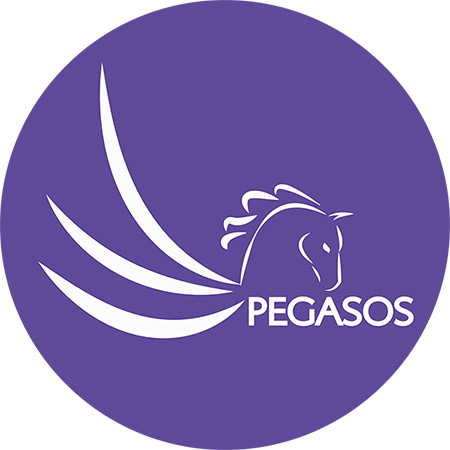
The mission statement of Pegasos is commendably clear. It believes “that it is the human right of every rational adult of sound mind, regardless of state of health, to choose the manner and timing of their death”. However, such clarity inevitably becomes more blurred when it comes into contact with reality. Particularly the current Swiss laws on Assisted Dying.
The approval of two Swiss doctors is required to confirm the “sound mind” of the patient. Without it, the pharmacists will not provide the medication. Therefore, in spite of their own desire for simplicity, the staff at Pegasos do inevitably find themselves wrapped up in the usual procedures to identify candidates, review their reasons and give (or refuse) approval for a Voluntary Assisted Death.
Pegasos, formal name “Pegasos Swiss Association”, was founded in 2019 by Ruedi Habegger, the brother of Erika Preisig of Lifecircle. He had worked with Erika for several years beforehand. When I first met Ruedi, on my visit in 2022, Pegasos was handling all its Assisted Voluntary Deaths (AVDs) from a small apartment on an industrial estate in Liestal, near Basel. It was doing around 120 per year. On my more recent visit (July 2025) I found it had doubled in size. Although Pegasos has retained its Liestal apartment, it has now constructed a purpose-built office and AVD suite in a small village called Roderis in the open countryside about 20 miles south of Basel. Further, Pegasos also now owns the small hotel next door. When I stayed at the hotel, they said that they were handling around two AVD families a week. The overall capacity of Pegasos is believed to be above 350 per year (making it larger than Dignitas) but it is probably not yet operating quite at that level.
It has around 1,000 “supporters”, many of whom have joined only recently. It does not require long-standing membership before considering an AVD application. It is indeed possible to join, submit an application, receive approval and undertake the AVD within an overall period of eight weeks.
Operationally, it is trustworthy and effective. Probably due to its increased workload in the past two years, this website has received several reports of inefficiency in its communications – calls not taken, e-mails left unanswered etc. At present (July 2025), following a further staff increase, this situation does seem to have improved. Its processing systems are now better. The time taken between Pegasos’s receipt of required documents and the date of the VAD itself can now be as low as five weeks. In emergency cases they can, reportedly, be dealt with immediately.
We have also received a number of enquiries regarding Pegasos’s policy of deposits or “up-front payments”. People have asked about the circumstances in which those payments should be returned and whether or not there is any financial risk. The Pegasos policy itself is clear. The deposit is 5,000 Swiss Francs. If, for any reason, the applicant fails to get the necessary green light then 3,800 Swiss Francs is returned. The remaining 1,200 Swiss Francs is retained to cover incurred medical and administrative costs. If the applicant personally chooses not to proceed then the 3,800 Swiss Francs is, even in those circumstances, returned. If you cancel very close to your AVD date, a larger part of your deposit will have been spent – so you should expect Pegasos to return a smaller proportion
Possibly indicating a further element of their earlier administrative problems, some AVD patients have been asked to make payments, after their arrival in Switzerland, for the psychiatrist’s time. This, of course, would be a duplication because it is already included in the basic CHD 10,000 fee.
18% of all the Pegasos supporters are British and Pegasos handles around 65 cases per year from the UK. Over 55% of all Pegasos AVD patients speak English as their main language.
Pegasos, like Lifecircle but unlike Dignitas or EX International, uses a patient-controlled infusion through a cannula rather than a drink.
Pegasos uses ultrasonics to help nurses to find the most appropriate vein. As with all the others, it uses Pentobarbital of Sodium. The patient must, manually, open the cannula to allow the infusion to enter their veins. They will then fall asleep within 20 seconds and their heart will stop four minutes later. The process is very much the same as when you are receiving a general anesthetic.
For a video of an AVD taking place, you could get into YouTube and key in “Lauras’s choice documentary”. This takes you to a longish documentary about an Australian lady who ended her life in 2019 at Pegasos. The AVD itself happens in the final ten minutes. I should mention that the procedure was conducted at the old premises of Pegasos in Liestal. The newer surroundings at Roderis are much better.
There is no need, at Pegasos, to show any evidence of illness in the normal sense. Applicants need to be of sound mind and must not have been persuaded to use VAD against their will. Following a recent case, Pegasos will now want some evidence that the applicant’s close relatives have at least been informed about what is going to happen. But otherwise, your application is likely to be approved. Financial anxiety, for example, could be an acceptable reason if also associated with advanced age.
Meeting the criteria for Pegasos seems, therefore, to be much simpler and more relaxed than with any of the others. Certainly, it is presented in less of a bureaucratic way. However, they are all working under the same Swiss laws and the same regulations. Pegasos sticks closely to the necessary rules but believes it is unfair and unnecessary to create new ones.
Of course, it is easy to say that if the State Attorney became involved in your case then it could only be after the event and therefore, to put it bluntly, that will be no problem of yours. However, when Erika Preisig faced prosecution in 2017 that had a devastating effect both upon Erika herself and upon the ability of Lifecircle and Eternal Spirit to continue with their operations as normal. If there is any risk at all that Pegasos itself might face a similar situation then that could be a problem for a supporter whose date has been planned but whose AVD has not yet taken place.
In late 2023 and early 2024 Ruedi Habegger was working very closely with Philip Nitschke of EXIT to pioneer the use of Philip’s “Sarco” suicide pod in Switzerland. This relationship came to an end, however. I am not familiar with the circumstances but the Sarco has subsequently been used only once – and that resulted in a prosecution.
Ruedi Habegger himself is a most engaging character. When we met in 2022, we didn’t meet in his office or at the apartment; we met in a (very good) Tapas restaurant in Liestal. He said some very funny things – such as when his own lawyer, seeking to establish a patient’s full mental capacity but lacking total understanding of English, asked the patient “if he really understood he would be dead for the rest of his life”.
His was also the only centre of the three to have seriously considered opening up the potential opportunities offered by the law in Colombia. There were difficulties to be faced in getting the required consents for the assisted suicide itself. His proposed Colombian colleague had the answer “Well, this is Colombia. Just tell them to come as tourists and we’ll kill them anyway”.
Now that Lifecircle has closed its books to new members it is handling fewer than 20 AVDs per year. Dignitas will do around 300 in 2025 and Pegasos is probably now operating at a similar level. There is no doubt that Pegasos is a serious player and is probably the most radical in seeking to enable the right of any individual of sound mind to exercise the freedom of choice they deserve.
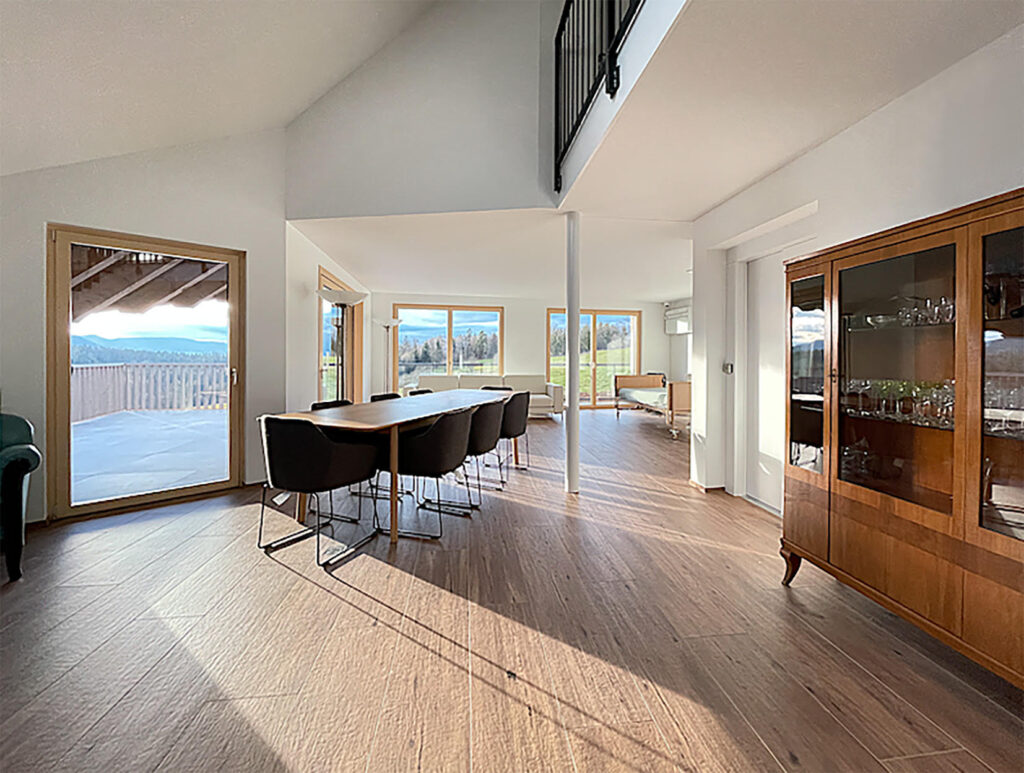
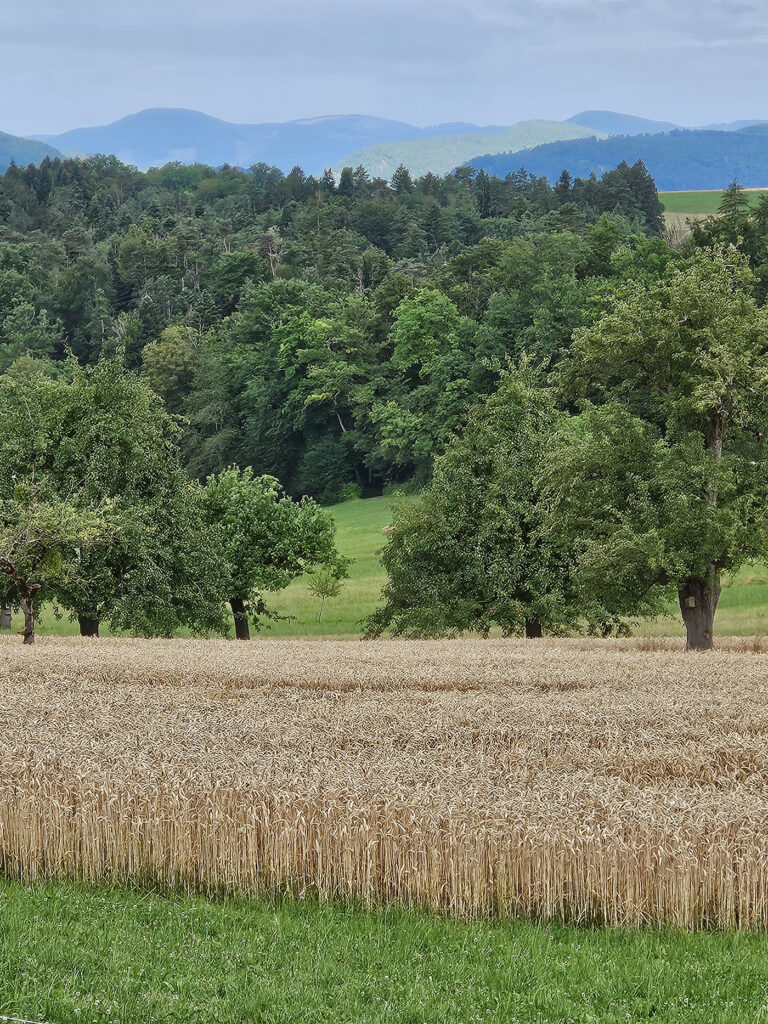
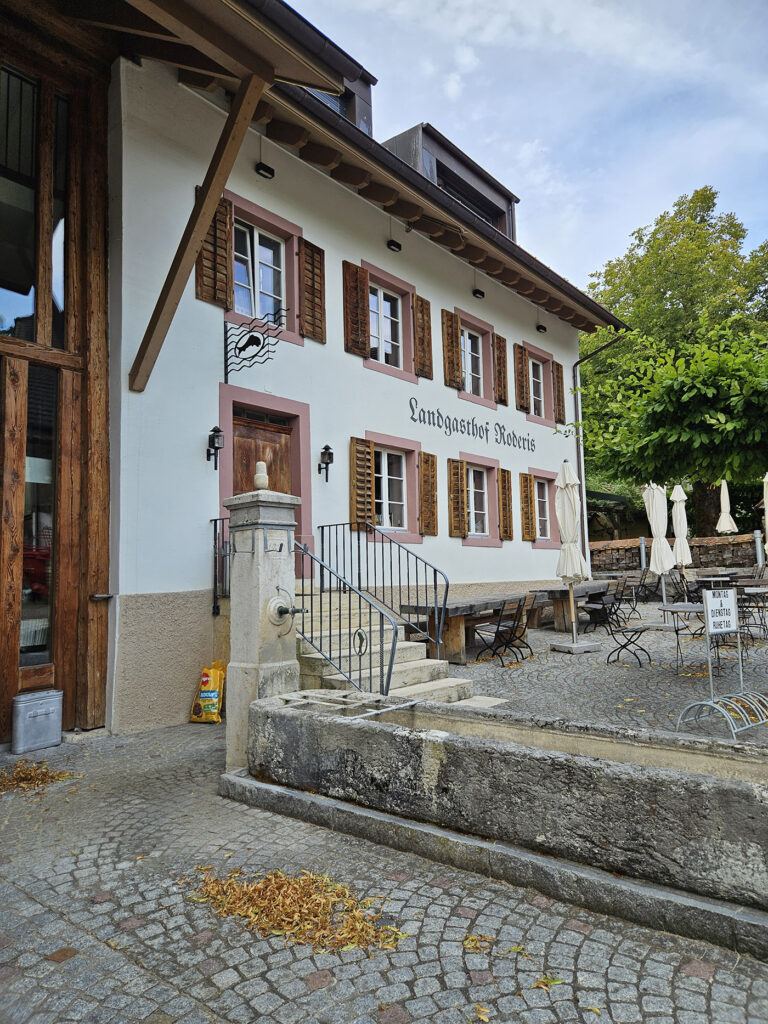
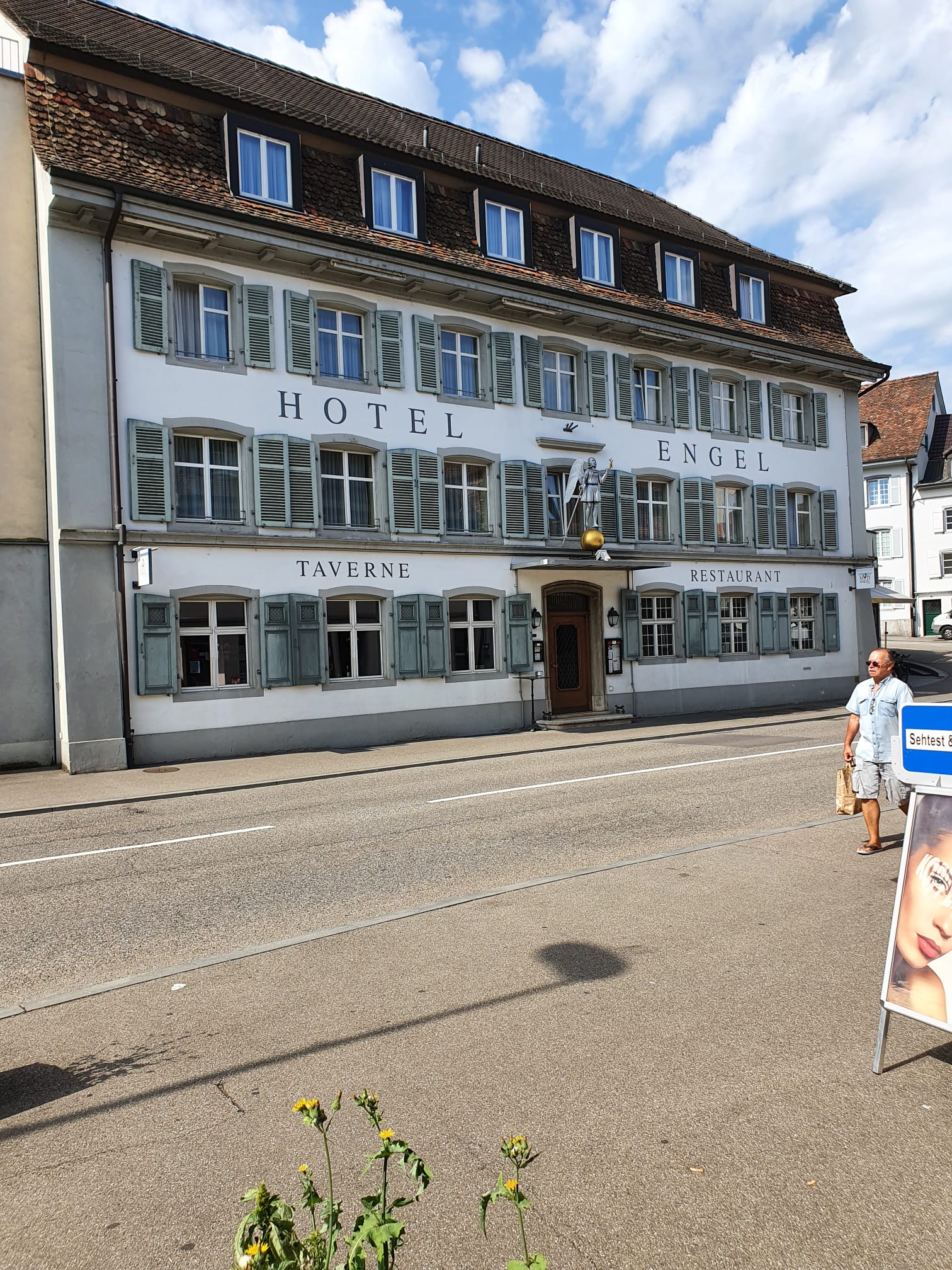
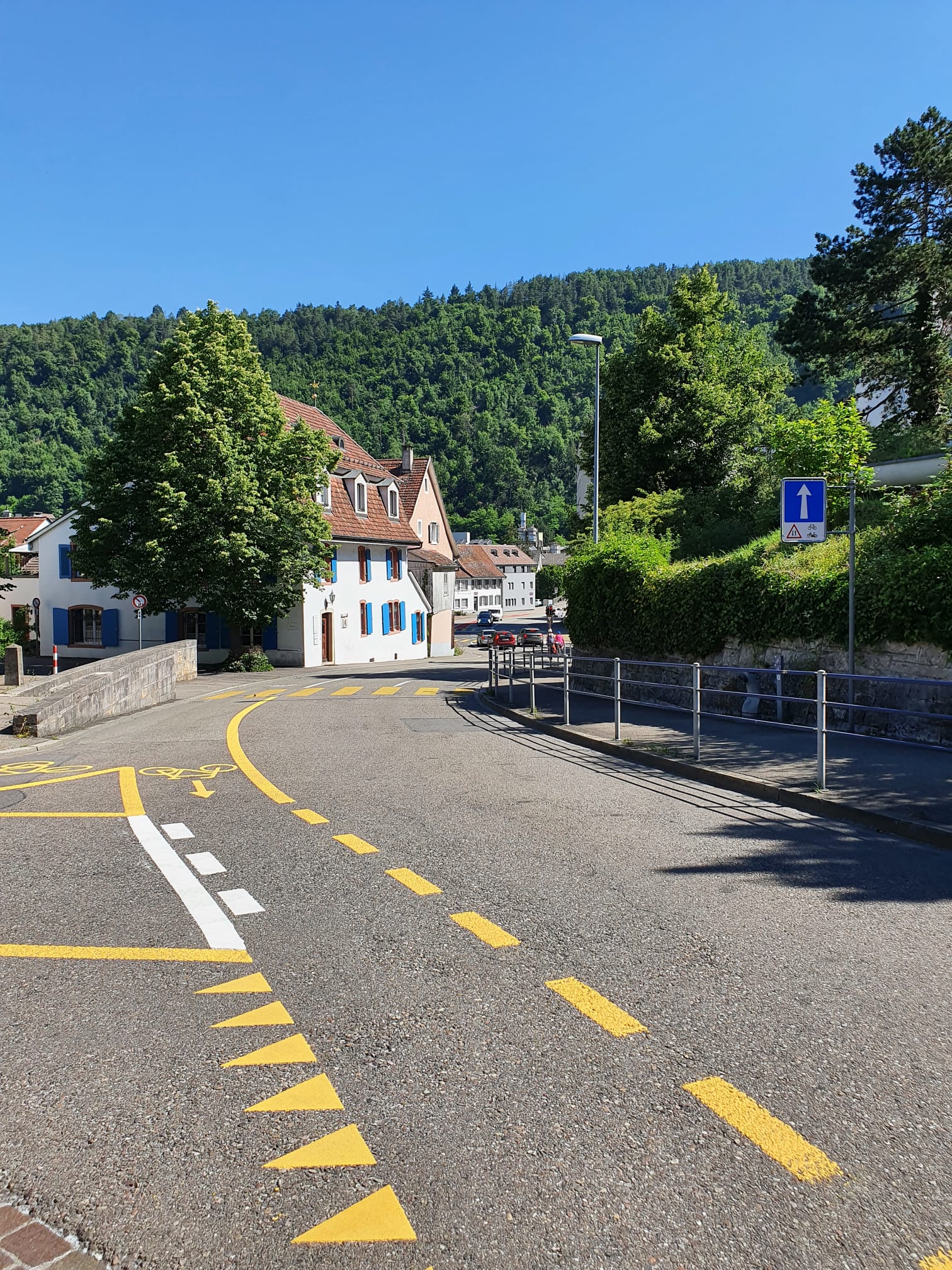
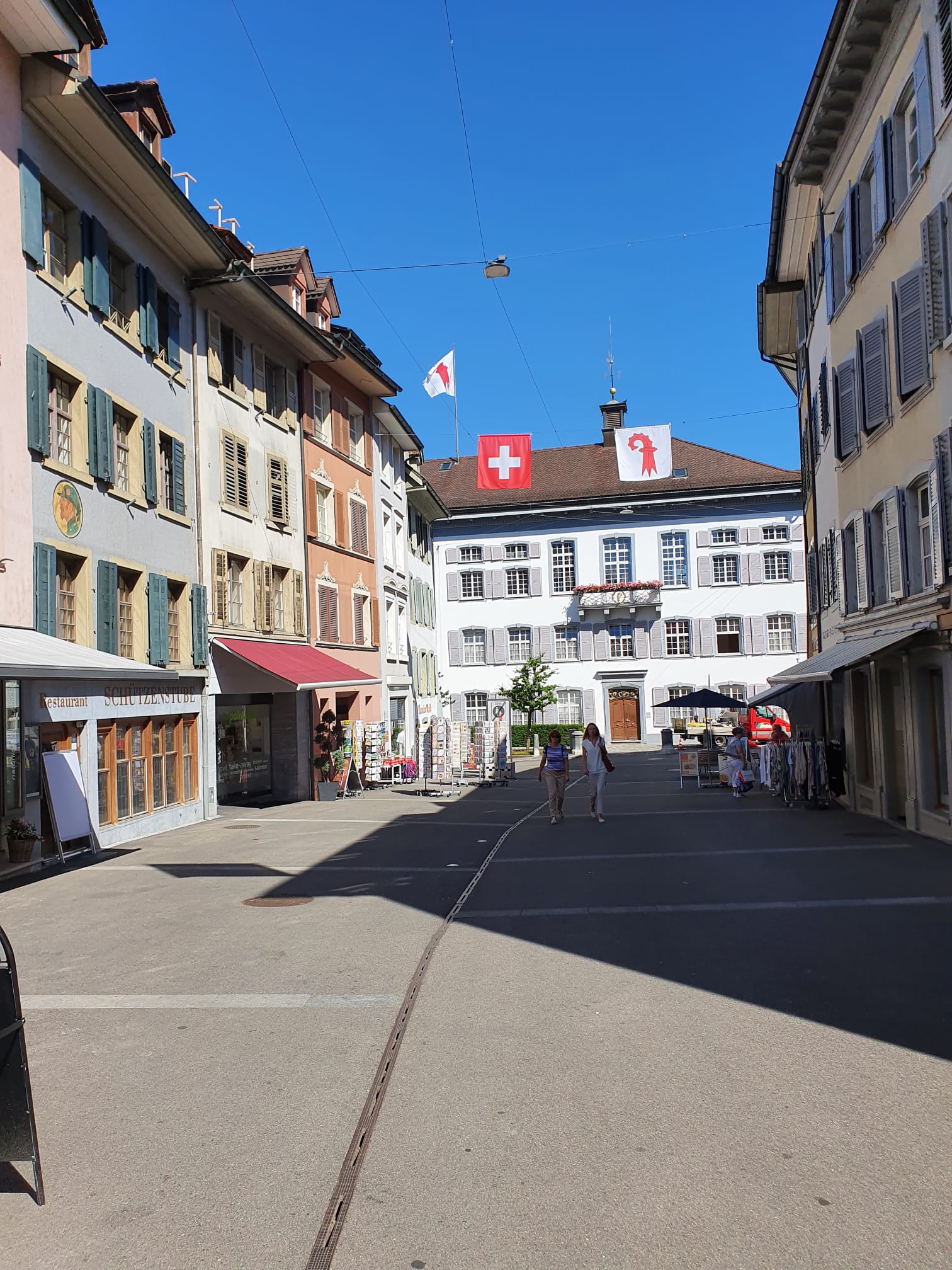
The hotel in Roderis is called the Landgasthof Roderis. It only has seven bedrooms but their standard is high. The restaurant is good too. The hotel is usually closed on a Tuesday but it was a Tuesday when I stayed there and there was one AVD family there at the same time. Roderis is peaceful and scenic but seems in many ways to be in the middle of nowhere. For those who still prefer a walk, some shopping or an external restaurant, Pegasos continues to recommend the Hotel Engel in Liestal.
Read Next Section >


